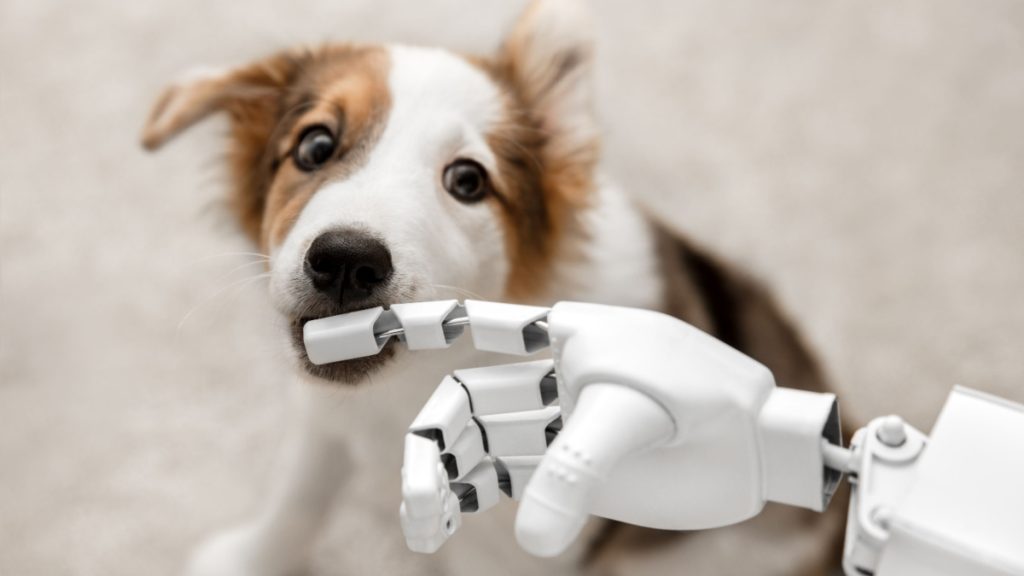
More than a decade ago, Shane Legg, co-founder of Google’s DeepMind AI lab, projected a 50% likelihood of AI reaching human-level intelligence by 2028 and dissecting a way for communication with Animals.
Recent remarks from Legg, during an interview with tech presenter Dwarkesh Patel in October 2023, reaffirm his belief in this prediction, citing a 50% chance of achieving public artificial intelligence by 2028.
Similarly, American computer scientist Raymond Kurzweil forecasted that artificial intelligence would surpass the Turing test by 2029, signifying a leap toward general human intelligence.
Google, in November 2023, embraced DeepMind’s definition of general artificial intelligence, delineating five levels:
- Emerging AI (e.g., ChatGPT)
- Efficient AI
- Expert AI
- Talented AI
- Artificial Super Intelligence (ASI), capable of outperforming humans across various tasks, including predictive analytics and communication with animals.
As of now, AI remains at the emerging Generative-AI level, according to the DeepMind team.
Reflecting on Ibn Khaldoun’s assertion 650 years ago about predicting the future scientifically, the question remains: Will Artificial Super Intelligence (ASI) be achieved by 2030 or earlier, and can it fulfill earlier predictions?
Predicting future weather patterns demands analysis of vast data from diverse sources, processed by supercomputers with immense computational power. Despite advancements, current processing limitations hinder forecast accuracy.
Google’s DeepMind develops GraphCast, a new AI tool that surpasses traditional models like the European model in forecasting accuracy. GraphCast minimizes energy consumption while delivering faster, more precise predictions.
With advancements in Generative-AI, communication with animals becomes plausible, enabled by high-tech sensors and AI software translation.
Decoding human thoughts progresses with experiments combining brain scans and AI models. Although error rates remain high, advancements suggest potential for decoding human ideas in the near future, sparking concerns over privacy implications.